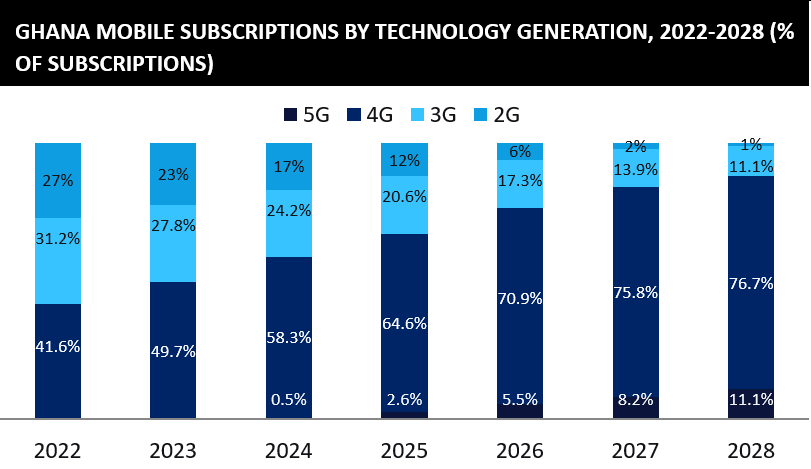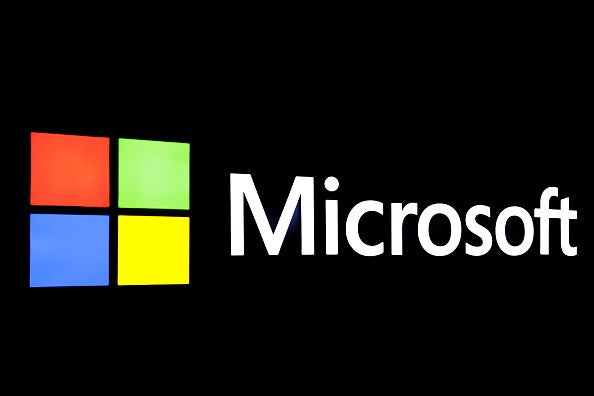
In response to a proposed bill, Google has threatened to withdraw its search engine from the Australia should the legislation be passed.
The bill, tabled in Australia’s Parliament in December last year titled “Treasury Laws Amendment (News Media and Digital Platforms Mandatory Bargaining Code) Bill 2020”, will introduce a news media bargaining code under which internet platforms will be required to pay news publishers for the right to link to their content. The new code is specifically targeted at Google and Facebook to address the bargaining power imbalance between Australian news media businesses and major digital platforms.
While all the major media companies such as News Corp Australia, Nine Entertainment and Guardian Australia have backed the legislation, opposition from Google and Facebooks has been particularly fierce.
Tim-Berners-Lee, who invented the world wide web, in his submission to the Australian Senate inquiry on the bill, said that the code “breach(es) a fundamental principle of the web by requiring payment for linking between certain content online”.
Facebook and Google threaten a strong response
In a press release, Will Easton, Managing Director at Facebook Australia & New Zealand divulged that the company would respond to the legislation by removing functionality that currently allows publishers and Australians to share local and international new content.
Google has also admitted to have been experimenting with hiding some Australian new sites from search results. Google has gone as far as to urge users to fight the legislation, placing a yellow alert below the search bar that directed users to its campaign against the new code. It also urged content creators on YouTube to lodge objections with the ACCC. The ACCC later indicated that YouTube would not be included as a designated service under the purview of the new code, although the future inclusion was also not precluded.
How well do you really know your competitors?
Access the most comprehensive Company Profiles on the market, powered by GlobalData. Save hours of research. Gain competitive edge.

Thank you!
Your download email will arrive shortly
Not ready to buy yet? Download a free sample
We are confident about the unique quality of our Company Profiles. However, we want you to make the most beneficial decision for your business, so we offer a free sample that you can download by submitting the below form
By GlobalDataInternet giants such as Google and Facebook do realise that that digital advertising has slowly eroded the advertisement revenue share of traditional media businesses, putting them on the path towards unsustainability.
New legislation could backfire
Facebook has developed a new Facebook News Section under which it will pay new outlets licensing fees for the content, which is borne out of both an understanding for the need to support quality journalism to engage users and the need for a pre-emptive move to reduce the risk of government intervention. This feature has launched in the UK. Meanwhile, Google has a similar arrangement in plan with its Google News Showcase programme, to which it has committed AU$1.3 billion of investment globally for the next three years. It struck a deal with French publishers to pay for news on 22 Jan 2020 under this programme.
While Google is unlikely to leave entirely, given that the option of filtering content to skirt the new code exists, the new legislation could backfire. As revealed by Will Easton, Facebook’s News Feed directed 2.3 billion clicks to Australian new websites, worth AU$200 million at no charge. There has been a precedent to this situation in Spain when the government implemented a “Google Tax” under which content aggregators were required to pay fees to the organisation representing Spanish newspapers. In response, Google simply disabled its Google News feature entirely, which still stands to this day. A study by the Spanish Association of Publishers of Periodical Publications (AEEPP) on the impact of the legislation found that it hurt many online publications, especially smaller sites that were dependent on Google News and other aggregators for traffic, ironically benefitting major news publishers by cutting the competition.
The verdict is yet to be out on whether programmes such as Google News Showcase and Facebook News Section can revitalise the news industry, but onus is on the news media industry itself to adapt and stay competitive, whether it is by erecting paywalls for their content, capitalising on digital advertising themselves or by generating new revenue streams.









Related Company Profiles
Meta Platforms Inc
Google LLC